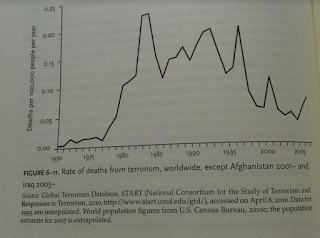Because we have of course just made this up. We have decided that after twelve months we start over rather than continuing with a thirteenth month. I find it interesting that our model for measuring time is not really in line with the planetary moments since we need to introduce an extra day every four years to not get out of sync. 2016 will be one of these years with a leap day that we have decided to call Feb 29.
Another thing that shows how our way of measuring time is only something we have made up, is that we do it differently depending on where we are. As mentioned in What's politically incorrect about Merry X-mas, we have different traditions all around the world. In China there will be a new year celebration on my birthday (Feb 8) and in Iran "Nouruz" will be celebrated at spring equinox.
Not that it matters, I think that all kinds of new year celebrations are great opportunities to look back, look forward and to celebrate.
I hope you look back at 2015 with gratitude and happiness. Of course a year also includes things that do not turn out the way we expect them, and sometimes we encounter really difficult times. I still hope you can look back at the year with a smile on your face and that you can find light and learning also in the parts that may add a tear to your smiling face.
When it comes to the new year I hope you are inspired and look forward to it.
If you want to shape it in a certain direction I recommend this exercise from Anders Haglund.
Happy New year to all of you!









































